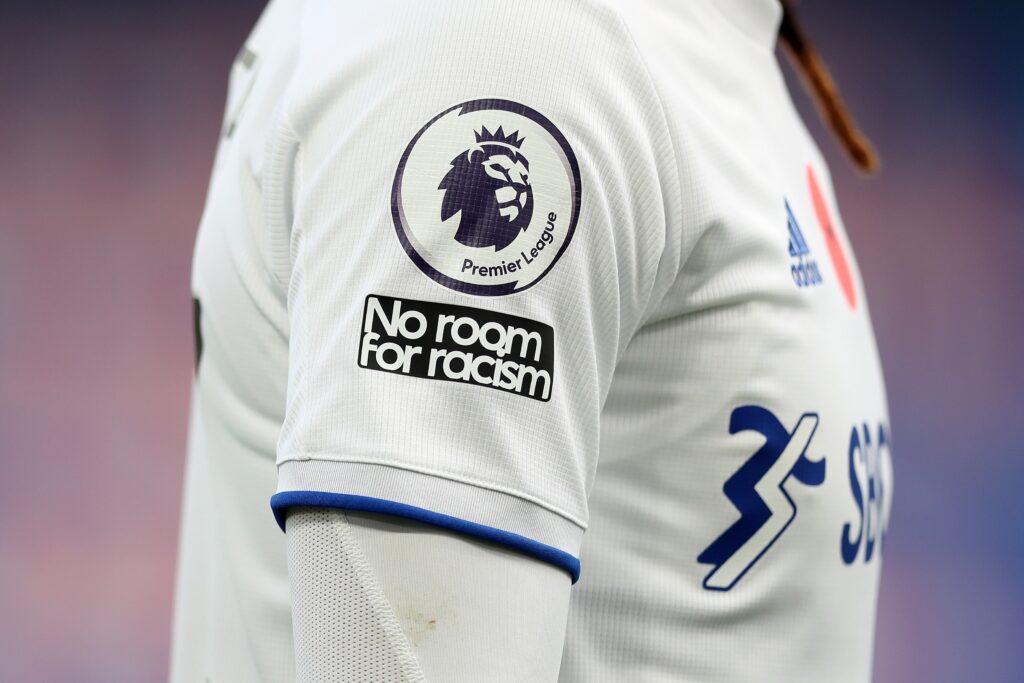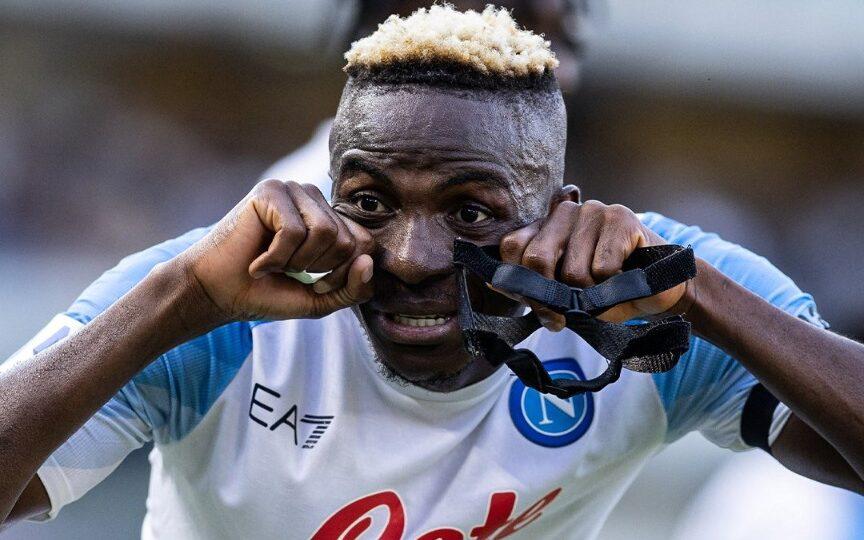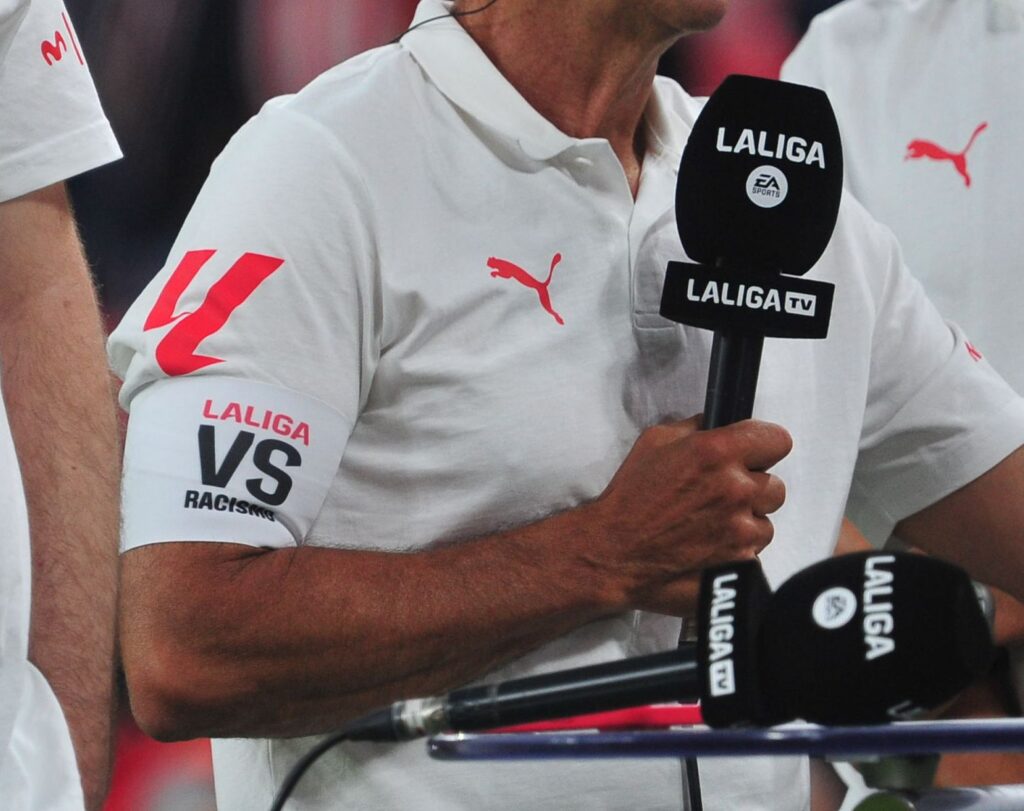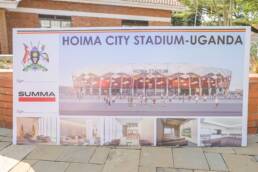Racial abuse within the context of football has long been a troubling issue, affecting both players and the quality of the game itself. Paolo Falco, a labor economist at the University of Copenhagen, alongside his colleagues Mauro Caselli and Gianpiero Mattera from the University of Trento and the Organization for Economic Cooperation and Development in Paris respectively, embarked on an enlightening study that delved into the effects of in-stadium abuse on players’ performances.
Their groundbreaking work involved analyzing the performances of approximately 500 Serie A players during the 2019-2020 season. In comparing the first half of the season, when stadiums were packed with enthusiastic crowds, to the second half characterized by “ghost games” in empty venues due to the Covid-19 pandemic, the researchers uncovered a significant revelation.

Amidst the comprehensive dataset, a distinct subgroup of players emerged: those of African origin, often targets of racial harassment. The findings showed a notable positive shift in their performance when stadiums were devoid of spectators. As Falco and his colleagues detailed in their study, “We find that players from Africa, who are most commonly targeted by racial harassment, experience a significant improvement in performance when supporters are no longer at the stadium.” This revelation has tangible economic implications, extending beyond moral or ethical concerns. The study underscores that African players experienced a 3 percent boost in performance during the latter half of the season. This figure, seemingly modest at first glance, holds substantial significance when viewed through the lens of productivity and profitability in other industries.
The repercussions extend beyond individual players to the overall quality of the game. This decrease in quality could potentially pose concerns for club owners who invest heavily in player development. Interestingly, the study also delved into teams that were subjected to more abuse. Notably, teams such as Napoli, which faced episodes of racism-related abuse, demonstrated a remarkable 10 percent improvement in performance in the absence of spectators.

The impact of such abuse is especially disconcerting when considering that these players belong to the elite echelons of athletes within their respective countries. This highlights the concerning pervasiveness of the issue. The research further accentuates the global nature of the problem, evidenced by a recent racism crisis in Spain’s LALIGA, which prompted calls for more resolute action against racism.
While the study doesn’t focus on LALIGA, the league has been forced to confront its own racism-related issues. Notably, players like Vinicius Jr. have been vocal about instances of racism on the field. In response, LALIGA has initiated measures to combat this scourge.
Strict sanctions are in place and under current rules, people found guilty of racist behaviour can be fined up to 4,000 euros and banned from stadiums for a year. Among the initiatives seen over the new season matchdays were the armbands worn by club captains and thousands of fans across all regions. That, together with signs placed in stadiums, stickers in stands, and the TIFO banner displayed ahead of the match between Athletic Club and Real Madrid were seen around the world.

These initiatives, along with many others carry on through www.laliga.com/en-ES/laligavsracism, the platform aimed at the eradication of racism in football, as it continues its efforts to educate, prevent and take action against violent behaviour and hateful attitudes in all forms. The project, which has the support of key institutions, sporting associations and competitions, aims to give members of the public, and football fans in particular, a leading role in the fight against racism both inside and outside stadiums, by stressing that they can also help combat hatred and intolerance.
While a lot more can and should be done the journey towards a completely inclusive and respectful environment within football is an ongoing one, necessitating continued vigilance, education, and collective action. By working together, the football community can herald a new era marked not only by thrilling matches but also by an unwavering commitment to equality, respect, and unity, both on and off the field.
Related Posts
June 12, 2024
MultiChoice Financials Reflect Difficult Year
MultiChoice Group Limited (MCG) has released its financial results for the year…
June 11, 2024
Uganda Enters Into Agreement With Turkish Company On Hoima Stadium Build
The Government of Uganda has entered into a contract with the Turkish company…
June 10, 2024
Canal+ and MTN Cameroon Launch Streaming Platform
MTN Cameroon and Canal+ have launched a streming platform offering films,…



